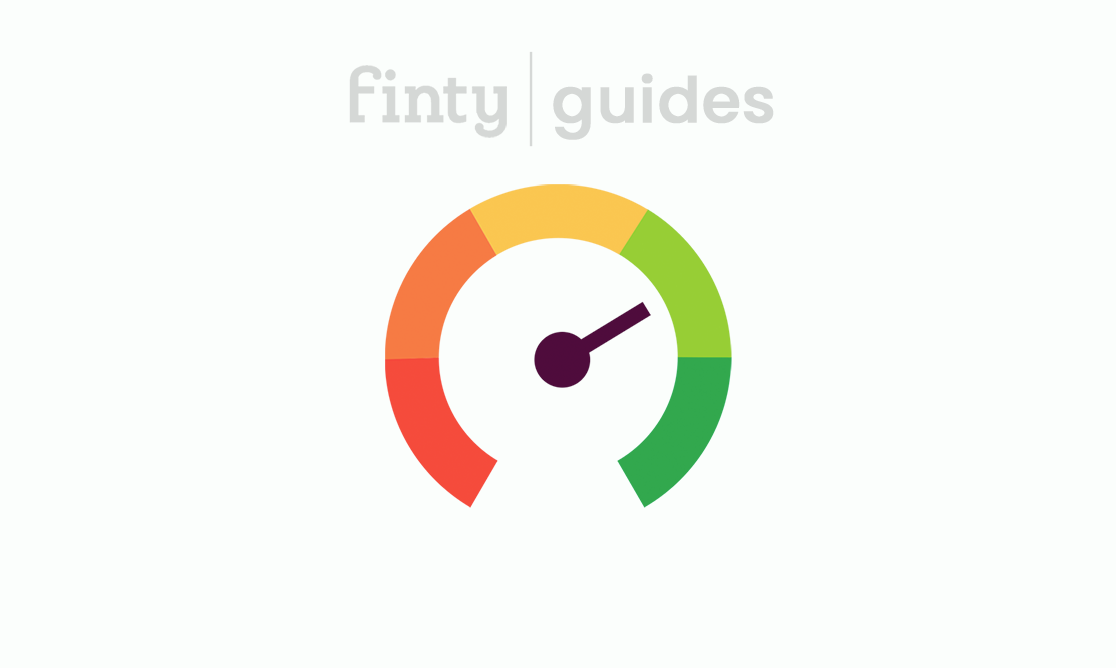Transferring your credit card debt to a new card with a 0% interest rate can be a useful way of paying down your debt faster.
If you’re thinking seriously about a balance transfer, chances are you already know how balance transfers work. But did you know that balance transfers can affect your credit score, both positively and negatively?
Get your credit score for free. Sign up on Finty and check your credit score as often as you want.

In this guide
How a balance transfer works
Here’s a quick refresher on 0% interest balance transfers.
When you make a balance transfer the issuer of your new credit card will pay the outstanding balance on your existing card and transfer that debt to your new card. Banks often charge a one-off balance transfer fee, typically a percentage of the amount being transferred. You will then make repayments on the new card, without paying interest on the balance until the introductory period (usually anywhere between 6 months to 36 months) ends. Then the interest charged on any remaining amount of the transferred balance will revert to a standard rate (often the high cash advance interest rate).
Ideally you will pay off all or most of the balance on your new card by the time the introductory period ends, meaning you save plenty in interest payments.
Read our guide to how credit card balance transfers work.
Positive effects of a balance transfer
Improve your debt-to-credit ratio
If you make a balance transfer you will increase the amount of credit available to you while having the same amount of debt, meaning your debt-to-credit ratio will improve. To take a simple example, if you have a card with a credit limit of $10,000 but the balance you need to pay off is $5,000, your debt to credit ratio is 50%, because you are only using half of the credit available to you.
You will have the available credit on your old card – which has been paid off – plus any difference between what you owe on the new balance transfer card and the credit limit on that card. This may improve your credit score, but it only works if you leave your old credit card account open but do not use it to make purchases, or only use it for minor purchases. It can be a double-edged sword, however, because if you have too many credit accounts open it can increase your risk of debt or send a warning signal to potential lenders.
Pay off debt faster
If you take advantage of the 0% interest rate to pay off your debt quickly, you should improve your credit score as you make repayments. Not only are you improving your debt-to-credit ratio, you are putting positive repayment history into your credit file. Lenders report positive information to credit bureaus, so this data should improve your credit score.
Debt consolidation makes you look like a more responsible borrower
Using a balance transfer to consolidate your debts can have a positive result. Your debts have now been merged into one easy-to-manage payment at a temporary interest rate of 0%. Your credit history file will reflect this change, and make your approach to credit look more disciplined.
Rather than rushing into the first balance transfer option that comes along, take your time to compare balance transfer credit cards and find the one most suitable for your situation. You may find one with a longer 0% introductory offer, or a lower annual fee, or some useful complimentary benefits.
Negative effects of a balance transfer
Transferring a balance without repaying the debt
The best way to use a 0% interest balance transfer is to use the introductory interest-free period to repay your transferred debt as quickly as possible. But if you succumb to the temptation of ignoring the transferred debt and continuing to spend at a level which leaves you no room to make extra repayments, you will risk still having an unpaid balance when the introductory period expires. The revert interest rate then applied to your balance will plunge you deeper into high-interest debt, and have a negative impact on your credit score. Alternatively, if you need to balance transfer yet again, to a new card offer, you will also harm your score.
Hard credit checks are recorded in your credit report
When you apply for a new balance transfer card, the card issuer will probably conduct a ‘hard’ credit check. This means they do an official check of your credit file to consider things such as your repayment history and how many loans you have applied for in the past.
But each credit check slightly lowers your credit score, although only temporarily. However, it’s not a good idea to apply for multiple balance transfer cards within a short space of time. Multiple small dents in your credit score may add up to a significant reduction, and a scattergun approach to credit applications can make you look desperate in the eyes of a lender. More about how this works in this article.
A rejected application will also be recorded
As well, if any of your balance transfer card applications are rejected, it will affect your credit report and score even more. Make sure you can meet all the eligibility requirements (e.g. income, citizenship or residency, credit score) before you apply. It’s best not to apply for a credit card if you don’t think there’s a reasonable chance that your application will be successful.
Closing an aged account
Keep in mind that if you close your old credit card account you will reduce the amount of credit available to you. Your debt-to-credit ratio will deteriorate, which may in turn hurt your credit score. The same principle applies when closing a bank account with an overdraft facility.

